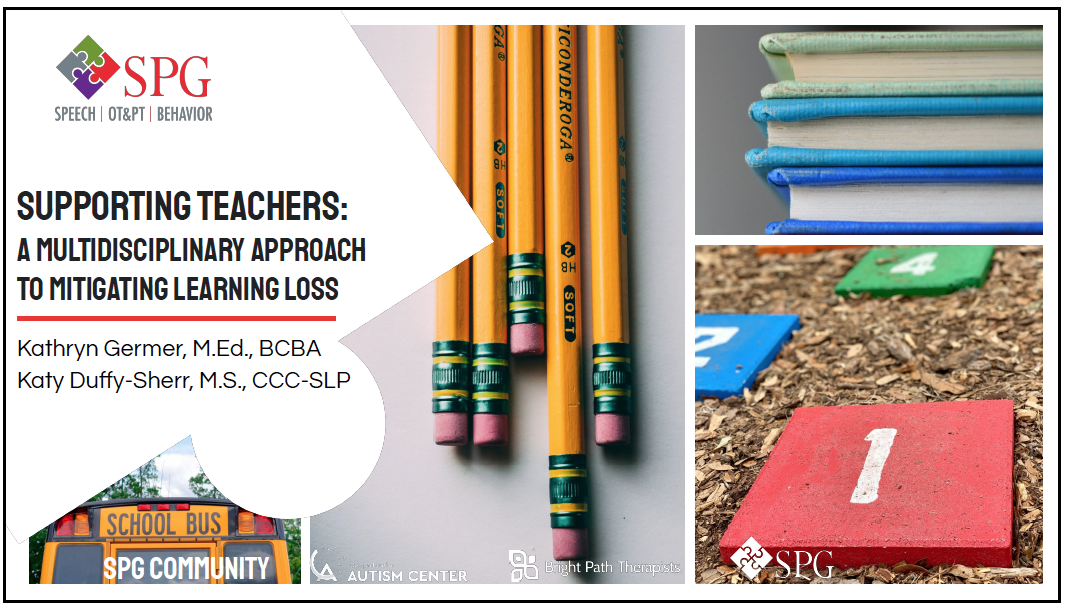Are leaders born, or can they be made? It’s one of communication experts’ favorite questions. Countless studies and reports have uncovered a variety of leadership skills, habits, and traits that are used by the world’s top influencers, who weren’t all born kings and queens of the playground.
1. The best leaders listen
It starts at the top. You can’t find an exceptional district that doesn’t have great sources of leadership. A leader may have a clear idea of where they are taking their school, but they didn’t achieve this clarity alone. An effective leader’s vision is first an example of the pride that they find in their work, and secondly a reflection of what they hear from stakeholders and interested parties from every corner of their community. Because the path forward includes so many voices, leaders listen more than they speak.
So how do you become a better listener? Be genuinely interested. Make eye contact. Watch others’ body language. Repeat people’s points back to them and ask questions. Give others the space to complete their thoughts and let them have moments to think. Especially if they are someone who often gets interrupted, they will notice your full engagement and appreciate you.
2. Flexibility fixes
Great leaders recognize when something isn’t working and they make necessary changes. This is easier said than done. Imagine working for months or even years on a project, only to learn that it simply doesn’t work once it’s put into practice. A great leader recognizes failure quickly, falls forward, and learns from it instead of being overly attached to projects because of their emotions.
At the same time, great leaders are positive people who move forward without pronouncing any negative opinions. They stay vigilant, looking for new paths to take and innovative solutions to try. As Steve Jobs and Thomas Edison both proved, it can take hundreds of failures to make a groundbreaking success. Failing is unavoidable, but the attitude is changeable.
3. Confident self-improvement
Stand by your decisions and principles. Great leaders are rational, even-tempered, and honest. Quantify your data, articulate the direction of public, staff, and stakeholder visions, and empower others to do their best. Be approachable and offer to help people solve their problems.
Great leaders are confident, but not arrogant, in the face of difficult situations. When you find yourself worried, pause to see all of your options and the perspectives of others. Reevaluate the importance of the situation
Also, make sure that you play the part of the leader even when you feel less than confident. This is called “fake it ‘til you make it.” Dress like a leader, walk confidently, find new opportunities to practice public speaking, and speak clearly. If you still feel nervous, smile. Tell yourself “all that energy is my excitement, not my fear.” Others will see you and your goals in the same light that you present them.
4. Be results-driven, but not obsessed
Standardized tests are usually conducted at the end of the school year, which makes sense. Teachers and students work together for the first few months, then students take exams to measure the results. Measurements are important, but effective leaders know there is more to education than tests in the same way they know that democratic questioning is more effective than dictatorship. Graduation rates may rise, but are students graduating prepared for college and career? It’s not enough to graduate students. Great educational leaders educate students.
5. Keep calm and lead on
Great leaders build upon their ability to be the master of their emotions. They are not afraid of deferring to the expertise of others or of showing their passion for a cause. If you can understand and manage your own emotions and thoughts, you can more effectively understand and manage those of others. The easiest way to start practicing emotional mindfulness is to remind yourself to pause during and after conversations; gauge your subtle reactions and how they play to what you want to get out of the interaction.
People naturally gravitate toward positive, kind, and thoughtful individuals when seeking role models, so be a leader who fosters a healthy environment – one full of collaboration, progress, and mutual respect.





























